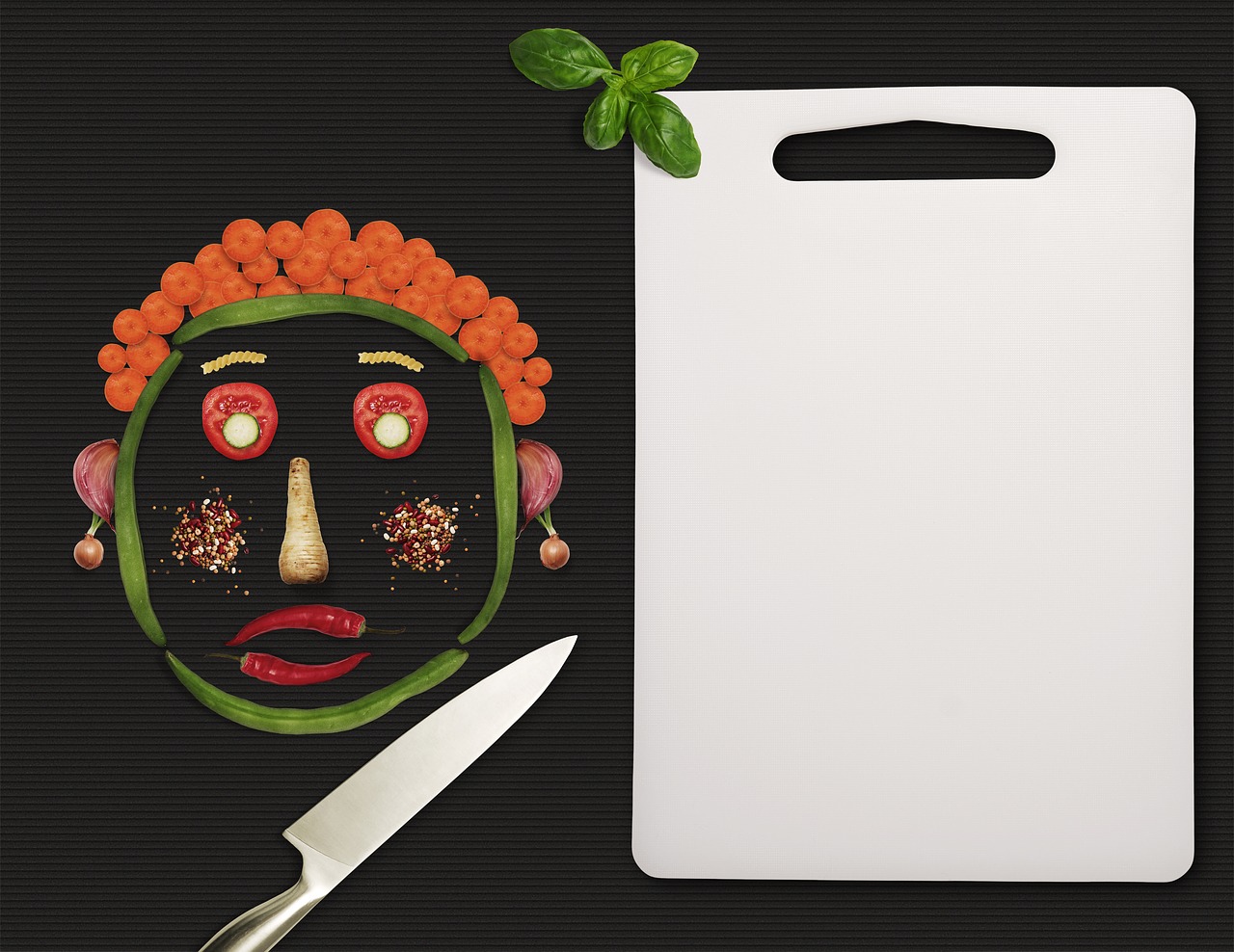How do you train your brain to eat less?
You're going along sticking to your diet when suddenly you hit a bump in the road. Maybe you skip breakfast and end up demolishing a mid-morning doughnut with your coffee and a double bacon cheeseburger for lunch because you're so hungry.
Maybe you enjoy healthy dinners, but you snack on a bag of crisps afterwards because your stomach is rumbling.
And maybe you can get away with it... for now.
Managing your weight is easier when you can control your appetite. Even if you're a healthy size now, we all tend to slow down as we grow older. That means you're liable to gain excess pounds just by eating the same amount as usual if you can't control those urges to eat.
Remember that hunger starts in your brain and so does the solution.
Try these tips for training yourself to eat less.
Train Your Brain to Eat Less by Changing What You Eat:
Consume more fibre. Foods rich in fibre fill you up faster partly because they tend to be bulky and take longer to chew. As a bonus, they're often highly nutritious and reduce your risk for many serious health conditions. Good choices include most vegetables, fruits and whole grains.
Increase your protein. Protein also discourages hunger, and it helps you conserve muscle mass. Muscles burn more calories than fat. Spread your protein out in each meal and snack so your body can use it effectively. Choose lean sources like low-fat Greek yogurt and seafood.
Drink water. Sometimes we confuse thirst with hunger. Drinking a glass or two of water before meals may help you to reduce your portion sizes.
Choose solid calories. Fancy coffee drinks and cocktails make it easy to down 600 calories or more before your brain knows what happened. Chewing your food gives your brain more time to feel full.
Serve soup. The liquid in soup is a different matter because the high water content suppresses your appetite. Settle down with a bowl of minestrone on a cold winter day.
Avoid artificial sweeteners. Using zero-calorie sweeteners can backfire. Scientists believe they prime your brain to want to eat more because they're hundreds of times sweeter than sugar but don't supply the energy the brain is expecting.
Learn to Eat Less by Changing How You Eat:
Act mindfully. Slow down and savour your food. You'll digest it more completely, and you'll probably eat less.
Buy smaller plates. Several studies confirm that food looks and feels more abundant when you place it on a smaller serving piece. And even if this psychological trick doesn't work for you, you simply can't pile as much food onto a smaller plate. It's a simple way to have your cake and eat lighter too.
Sleep well. One of the reasons why a lack of sleep can cause you to gain weight is because you're disrupting the hormones that regulate hunger. Get enough sleep. Ensure that you're sleeping well, too. Go to bed and get up at the same time each day. Keep your bedroom as dark and quiet as possible.
Exercise regularly. Physical activity can help regulate your appetite in addition to burning calories and relieving stress. It's a powerful combination for anyone who wants to make staying fit more pleasant.
Seek support. The most effective fitness plans incorporate social support. Let your family and friends know that you want to eat less and tell them how they can help you. For example, find some lunch companions whose eating habits will reinforce your healthy intentions.
It is possible to eat less and still enjoy delicious food. Small changes in the way you eat add up to a big difference. Find the habits that work for you to satisfy your hunger with fewer calories. Your brain and body will adjust to and benefit from these healthy changes.


